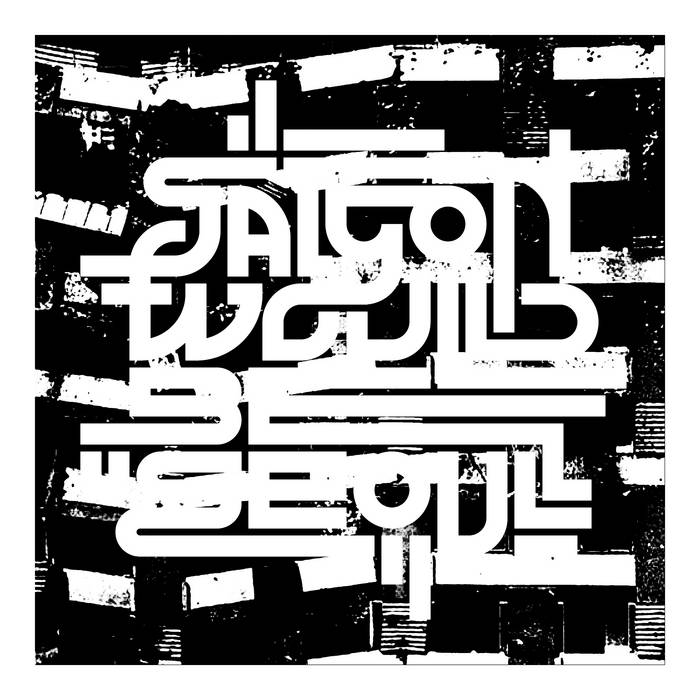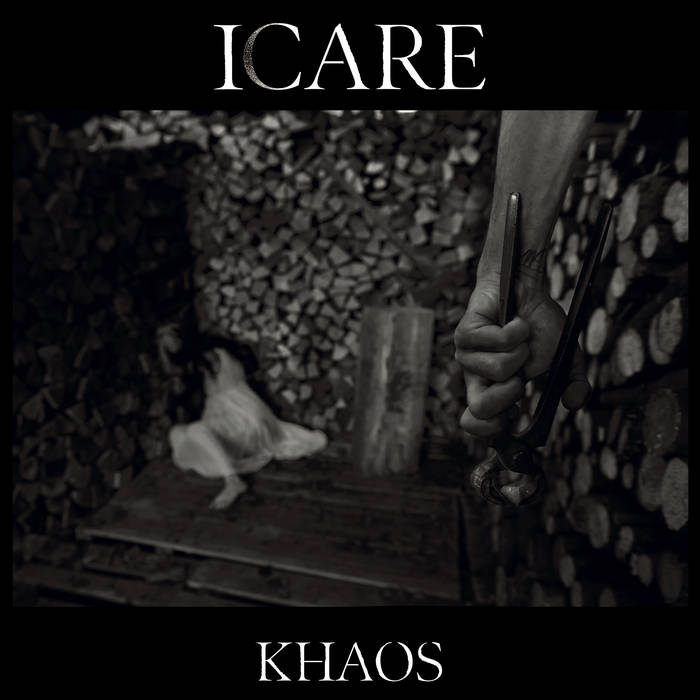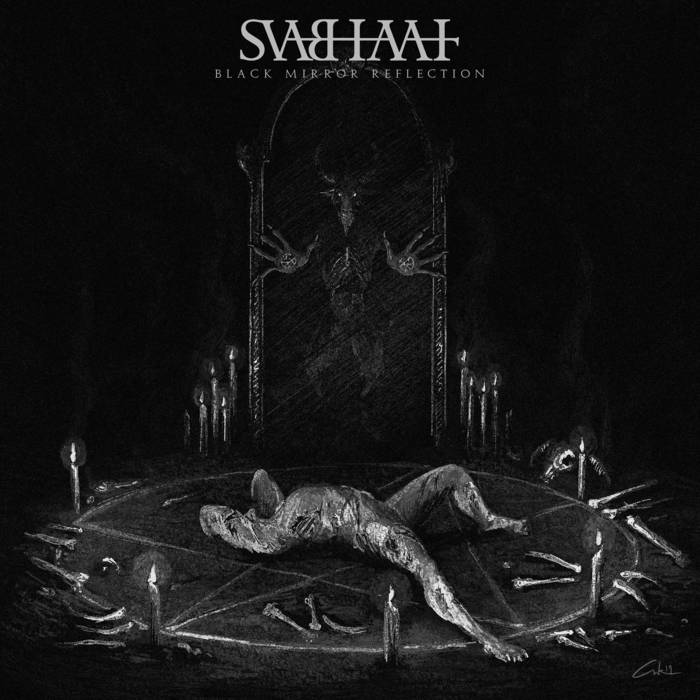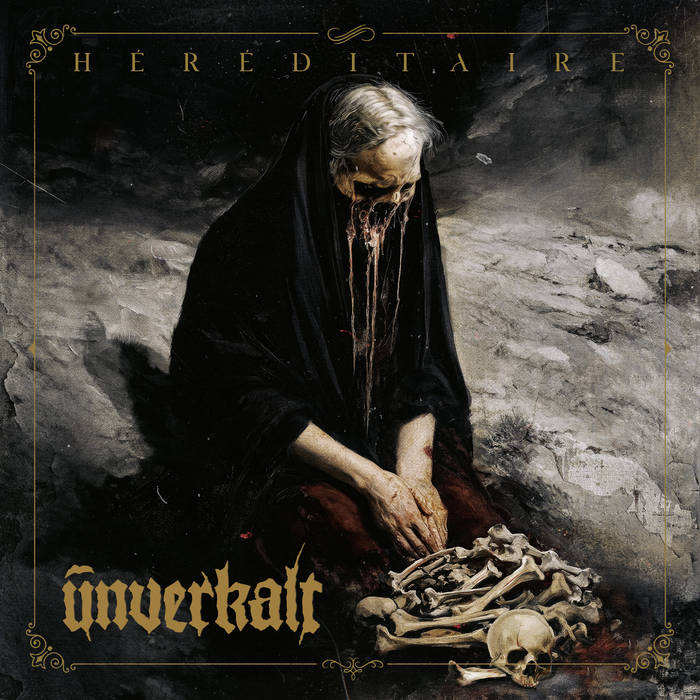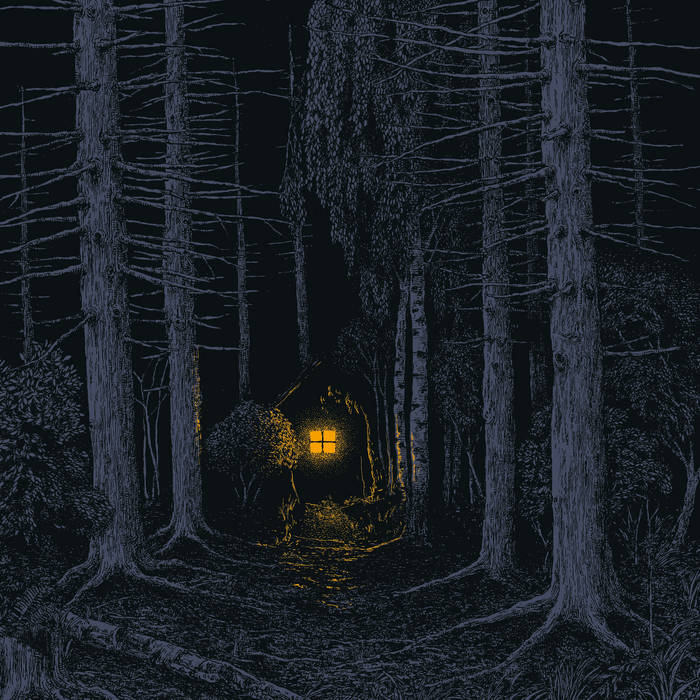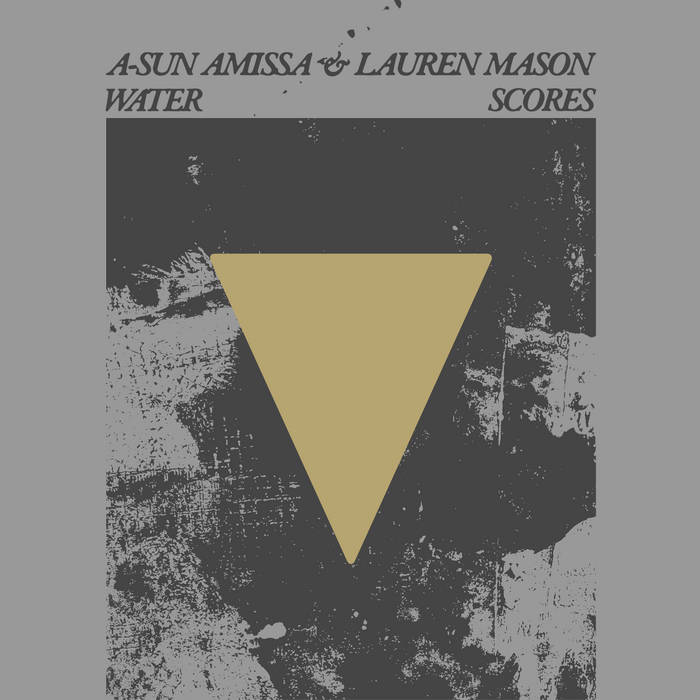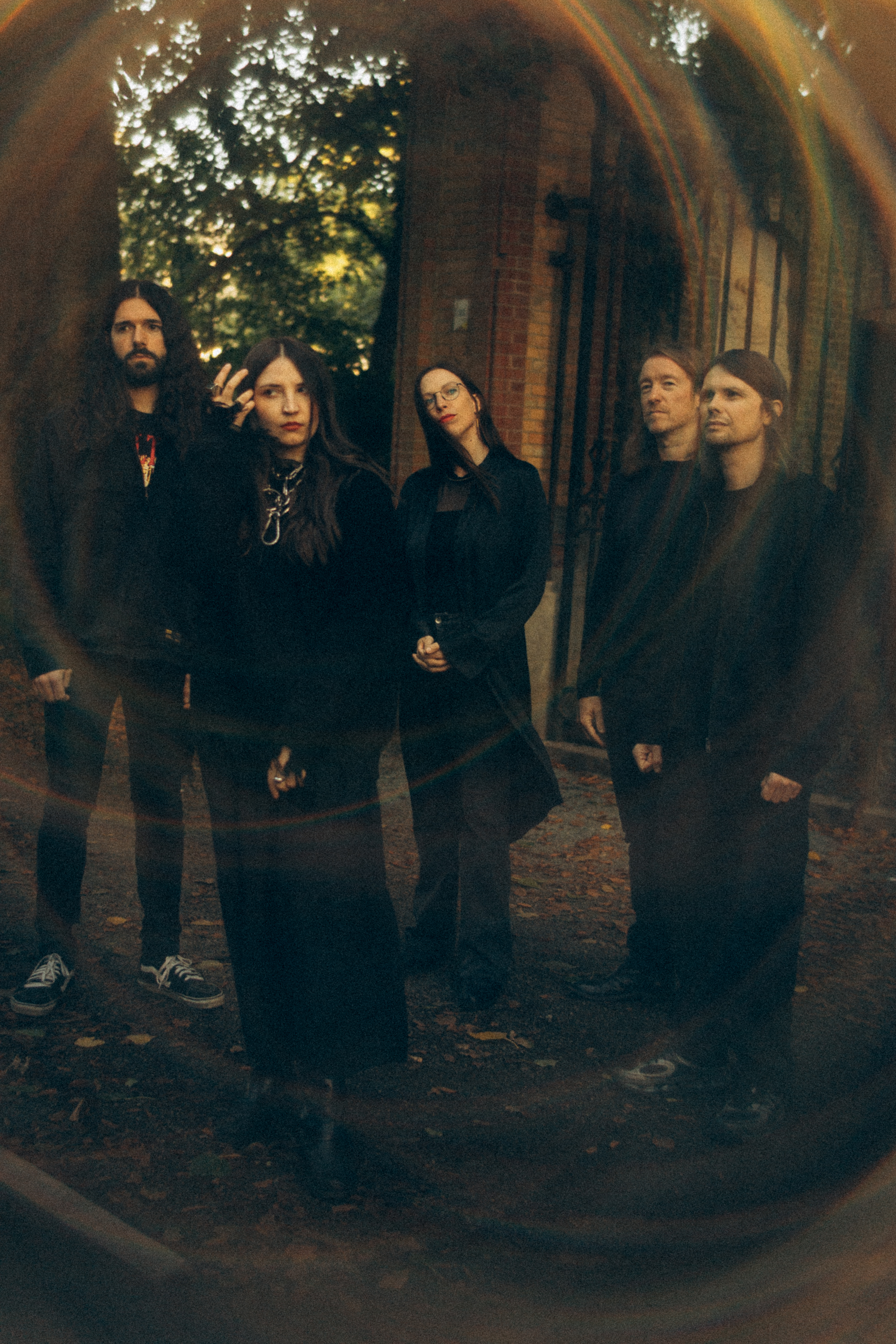Arms and Sleepers’ Mirza Ramic shows an overwhelming understanding of how music works and publishes a record that balances Ambient, Drone and Neo-Classical.
There is something about former Yugoslavia that draws people to it, and I am not talking about the hauntingly beautiful but yet terrorizingly overcrowded cities on the Istrian and Dalmatian coastlines but rather about the inland with the forlorn wastelands of Bosnia-Herzegovina being the center of attraction for some negative reasons as well as positive hopes. Arms and Sleepers’ Mirza Ramic was born in Mostar with all its ancient charm and globally famous white bridge that was destroyed during the Bosnian War of 1992 to 1995. Ramic and his mother fled the country during the war and he has been living in the USA now for a long time; however the memory of his origins never seems to have left him. His solo project Saigon would be Seoul, a project combining minimalist approaches with intimate recordings, circles around his time before, during and after the war that drove his family apart, with his father dying in the war.
The foundation for SWBS songs is the piano, which Mirza’s mother taught him to play since he was 6 years old, that he uses to purvey his emotions of sadness, loss, and sometimes even despair. The minimalist spheres in the backgrounds are often combined with samples from his home. Ramic says that the full-length is basically threefold with the first part being the years before the war amid the turbulence of life in crumbling Yugoslavia, the second being the barbaric years of war and the last part being the years after the war. During the latter part people had to cope with the human stain of not being complete, with the struggle to process all of what has happened and torn apart communities and families. Painful years without any real suture; still obvious if you visit Bosnia Herzegovina. The few vocal samples are often painting blood red atmospheres of a country at war with the enemy and afterwards a society at war with its own trauma. Ramic uses only few samples, most of the songs are instrumental but still telling the attentive listener a lot.
Ramic uses the synth and the piano to allocate himself within this process of re-living your past and relieving yourself from it. Oftentimes, there are only a few layers used in order to achieve this level of close-ness, of intimacy, of emotional connection that drive the listener on without identifying himself with the horrors. We are witnesses not impersonators. The drones are not low-tuned but high-tuned pitches dragging out, often sounding like a cross between a violin and a singing saw. The effect is that of a dream, not necessarily a nightmare, but definitely a highly emotional look back.
With highlights like “Form and Feeling” or “Normal Jungle Law” the record is full of wordless emotion. Comparing this record to others is difficult, but if you want to have some connections, try Peter Broderick, Aidan Baker or the Bersarin Quartet. The use of a vibraphone and of minor keys create a parallel to Bohren & Der Club of Gore, but this is only through sound not through ideas or themes. This is neo-classical music, not doom jazz, even though it becomes noticeable that the parallels between the two might be bigger than the differences.
Very different to Ramic’s regular output (this is SWBS’s second full-length) with Arms and Sleepers this new record shows him at his most intimate and most vulnerable. If you like neo-classical and ambient (or either of both) – try this record, as you will get close to an artist and his own version of his life up to now.

